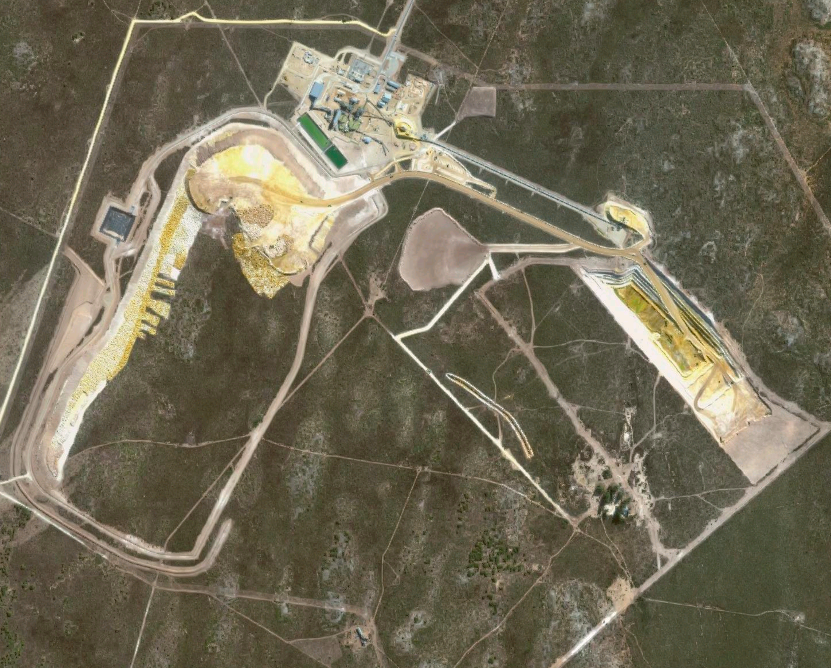Mine hits back over West Coast aquifer
Kropz responds to environmentalists’ attempt to stop pumping

Kropz mining company says there will be “irreversible environmental damage” done to groundwater if it is forced by legal action to stop pumping water from the Elandsfontein aquifer on the West Coast.
Kropz, which is developing a phosphate mine on land adjacent to the West Coast National Park, which includes the sensitive Langebaan Lagoon, was reacting to an urgent interdict application filed in the Western Cape High Court by an environmental group.
Kropz spokesperson Michelle Lawrence said that if the mine were not allowed to pump water out of the aquifer, and then filter it back into the aquifer away from the pit, the open pit would flood and over time the sidewalls would erode.
“The volume of water will increase significantly and the water quality will deteriorate, negatively impacting groundwater,” Lawrence said.
She said Fanie Botha, one of Kropz’s groundwater specialists, had confirmed this.
“All groundwater monitoring we have done since we began the dewatering and recharge of the aquifer shows these actions are not having a negative impact on it,” Lawrence said.
She said Kropz had spent more than R6 million on groundwater studies and the Elandsfontein aquifer was being responsibly managed.
Kropz said the court application by the West Coast Environmental Protection Association (WCEPA) to have its water licence revoked had no grounds. However, the NGO claims that its appeal against the government’s issuing of the water use licence to the mine automatically suspended the licence until a decision on the appeal had been made. Kropz was therefore acting unlawfully by continuing to “dewater” – to pump water out of the aquifer to stop it filling up the mine.
NGO responds
WCEPA spokesperson Nicola Viljoen said that while halting dewatering might cause the pit to fill up and the sides to erode, there was no reason to believe this would cause any significant environmental harm. It might cost Kropz money to rectify, but Kropz had only itself to blame, she said.
“Kropz abandoned its application for environmental authorisation and recklessly started digging the pit before it had a water-use licence,” Viljoen said.
Kropz had created the situation it now wanted to rely on to justify continuing pumping out water from the aquifer.
Development of the phosphate mine, which began in January, was halted in August because of a substantial drop in the global phosphate price and for Kropz to change the processing plant to mine a shallower, lower grade phosphate deposit.
Kropz, the third respondent in the case, will oppose the court application. The minister and Department of Water Affairs and Sanitation, the first and second respondents, will not oppose the application.
Next: SASSA heading for another crisis, say MPs
Previous: Pathologists can’t cope with Western Cape crime wave
© 2017 GroundUp. 
This article is licensed under a Creative Commons Attribution-NoDerivatives 4.0 International License.
You may republish this article, so long as you credit the authors and GroundUp, and do not change the text. Please include a link back to the original article.


